Muhammadu Buhari, Nigeria’s president-elect and – unsurprisingly – Abubakar Shekau, leader of the Boko Haram sect, were among the notable absentees from the gala night held in honour of TIME magazine’s 100 most influential people in the world.
The event, which is usually put together to celebrate those listed, held at Lincoln Centre in New York, on Tuesday.
The TIME list of 100 most influential people in the world is an annual compilation of people whose works are changing the world, either positively or negatively.
Five Nigerians made the current list but the inclusion of Shekau generated serious controversy.
Advertisement
Chimamanda Adichie, notable author; Chris Ofili, a foremost paint artist; Obiageli Ezekwesili, coordinator of the #BringBackOurGirlsMovement, were the other Nigerians on the list.
Ezekwesili, who attended the event, appealed to President Barrack Obama of the United States to help rescue the missing Chibok schoolgirls.
“If he could get Osama bin Laden, he could get our girls. It is time for someone as powerful as Barack Obama to compare the girls of Chibok to his own daughters,” she said afterwards.
Advertisement
“These girls are a symbol of our own message to girls, that they should be educated, that we would go beyond the call of duty for you.”
The All progressives Congress (APC) has yet to explain Buhari’s absence at the gala, but Shekau would never have been expected, as his existence is still a puzzle in Nigerian circles.
The military says it killed the “original” Shekau in 2013, while his impostor – who went by the names Bashir Mohammed, Isa Damasaka, Bashir Konduga and Abacha Abdullahi Geidam – was killed in a battle at Konduga, Borno state, in 2014.
But Boko Haram has continued to release ‘Shekau’-made videos; while Idriss Deby, president of Chad, lent a semblance of credence to the ‘Shekau-is-still-alive theory by claiming that he knew the whereabouts of the militant leader.
Advertisement
“It is in Abubakar Shekau’s interest to surrender, we know where he is,” Deby told AFP last month. “If he refuses to give himself up, he will suffer the same fate as his comrades.”
Also, the mastermind of Shekau’s death is as controversial as the death itself.
Cameroon had claimed that it killed Shekau and released a picture of his dead body to back its claim, but the Nigerian military quickly moved to counter the claim, Chris Olukolade, a major-general and defence spokesman, claiming Shekau was killed within the Nigerian territory by Nigerian soldiers.
Advertisement
1 comments

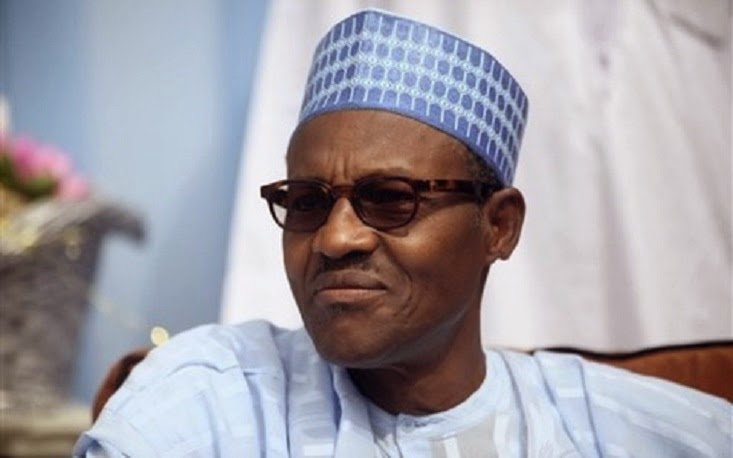
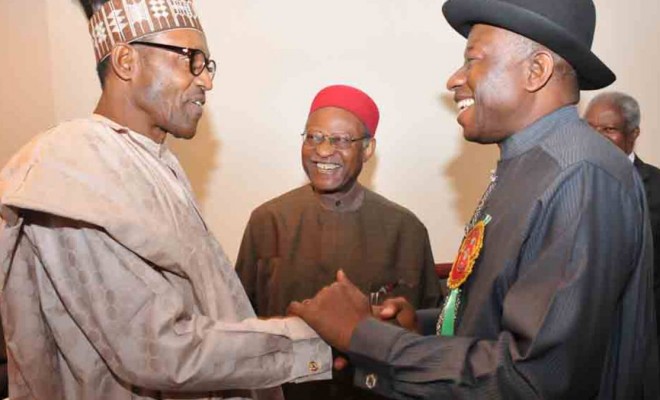
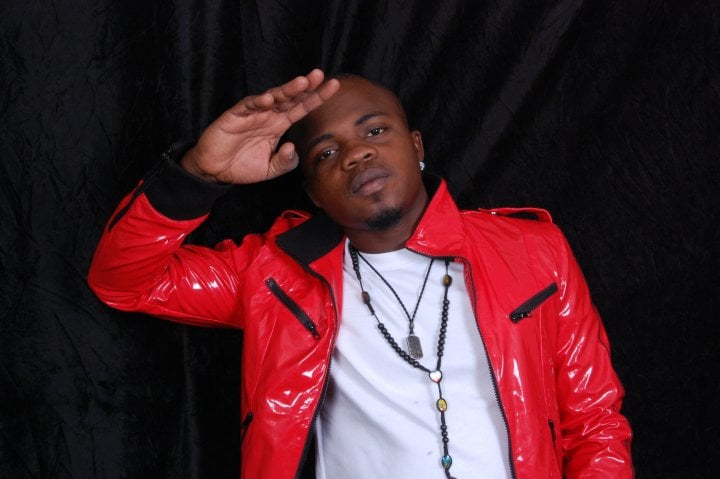
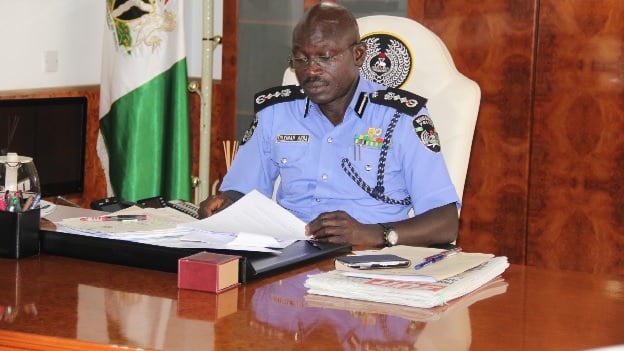

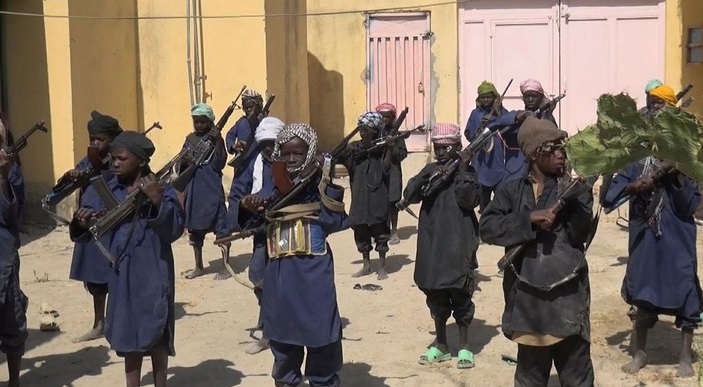
Your comment.. Good worlk